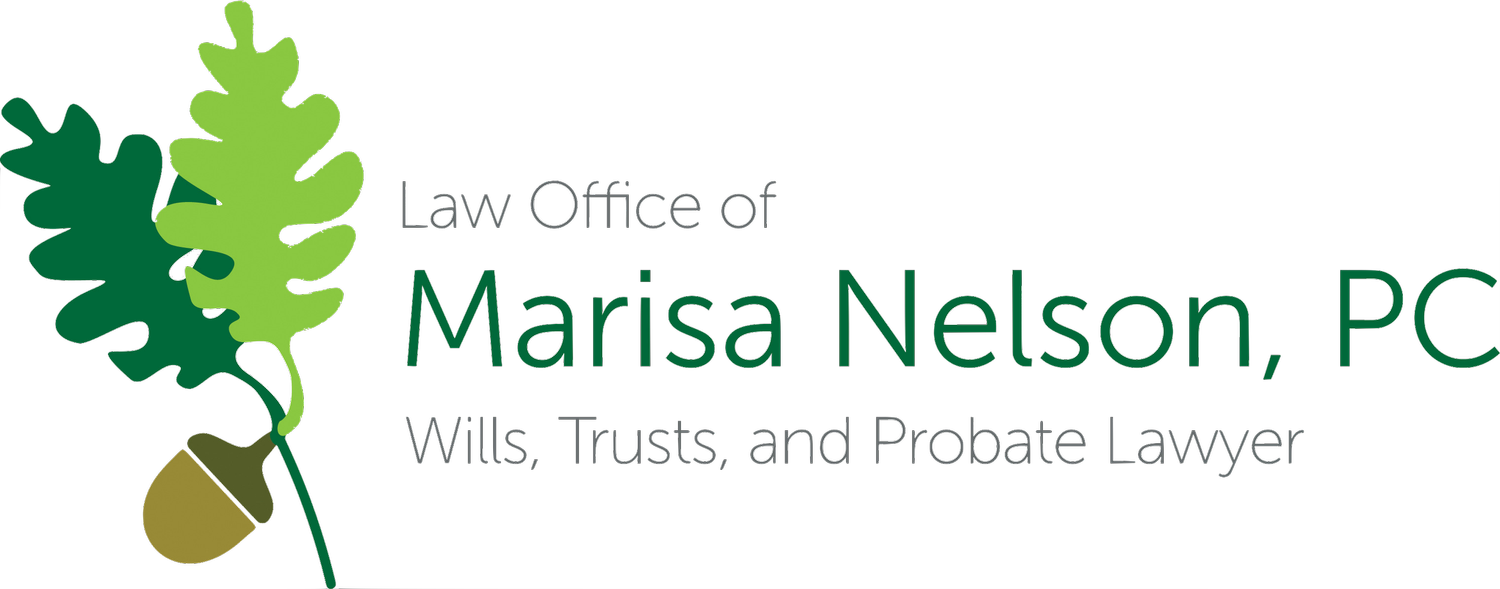Does Your Real Property Deed Do What You Want It To?
One of the biggest questions that comes up when buying a home or other real estate is “how do you want to hold title?” In other words, how do you want to own the property? This question and your answer to it may soon be forgotten, but the impact continues throughout ownership.
Although it may be tempting to quickly pick an option without much thought so you can move forward with the purchase, your choice could have a huge financial impact on you and your loved ones, and will determine who owns your home if you die.
It’s definitely worth taking a few minutes to make sure you hold title the way you want so you can avoid some nasty surprises down the road. If you already own your home, take a minute to review your deed (or ask me to review it for you). The best way to hold title depends on your goals, and your personal and financial situation. Shouldn’t you be the one to choose who inherits your property? And we all want the best tax results we can get! I can help demystify this process and help you get the best results.
Some common surprises that result from a few words on a deed include:
· Drastically higher tax bills. If the real estate increases in value between the time you buy it and the time you die, how you hold title makes a *huge* difference in your (or your heirs’) tax bill. In the San Francisco Bay Area this is an especially big concern, due to drastic increases in property values in recent years.
· The wrong person inheriting the property. Some manners of holding title give you the power to determine who inherits your share of the property if you die; others don’t. The wrong words on the deed might result in you or your significant other getting kicked out of the home, losing the value invested and financial security, dealing with probate court, and overall compounding devastating circumstances after a death.
So, what is the “best” way to hold title? It depends entirely on what you want to achieve, but picking an option at random or at your title agent’s encouragement is often costly. This is an important decision; it’s worth discussing your options with a qualified lawyer who can help you choose the best option for your goals and circumstances. If you already own the property, the deed can generally be updated if necessary. Don’t wait until it’s too late.
Here are the most common manners of holding title in California and some of their key features:
Joint Tenants (I see this a lot, and it’s usually not the best option):
No control over who inherits from the first owner to die; some estate planning control over who inherits from the last owner to die.
Avoids probate for the first owner to die, but not for the last.
Often results in higher taxes for married owners.
Community Property:
This option is only available to spouses and state registered domestic partners.
Often a better tax result for married co-owners, but does have other effects.
Some control over who inherits, via estate planning.
Does not avoid court involvement, which is required at the death of either spouse.
Community Property with Right of Survivorship:
This option is only available to spouses and state registered domestic partners.
Often a better tax result for married co-owners, but does have other effects.
Avoids probate court for the first spouse to die, but not for the second to die.
No control over who inherits from the first spouse to die; some estate planning control over who inherits when the surviving spouse dies.
Tenants in Common:
Some control over who inherits, via estate planning.
Often results in higher taxes for married owners.
Does not avoid probate court.
Trust:
Avoids probate. Much easier and less expensive than other options.
Greatest control over who inherits the property, who manages the property, and how it’s managed, at death or incapacity.
Greatest control over assets left to young or irresponsible beneficiaries.
Can hold many other types of assets, not just real property, extending the benefits.
Increased privacy for owners and beneficiaries.
The above summary is just that – a summary. Other factors may affect this important decision. This is one of those areas where a few minutes of planning now will pay off bigtime in the future, to the tune of tens – or even hundreds – of thousands of dollars. If you have questions about the best choice for you, consult with a qualified attorney.
